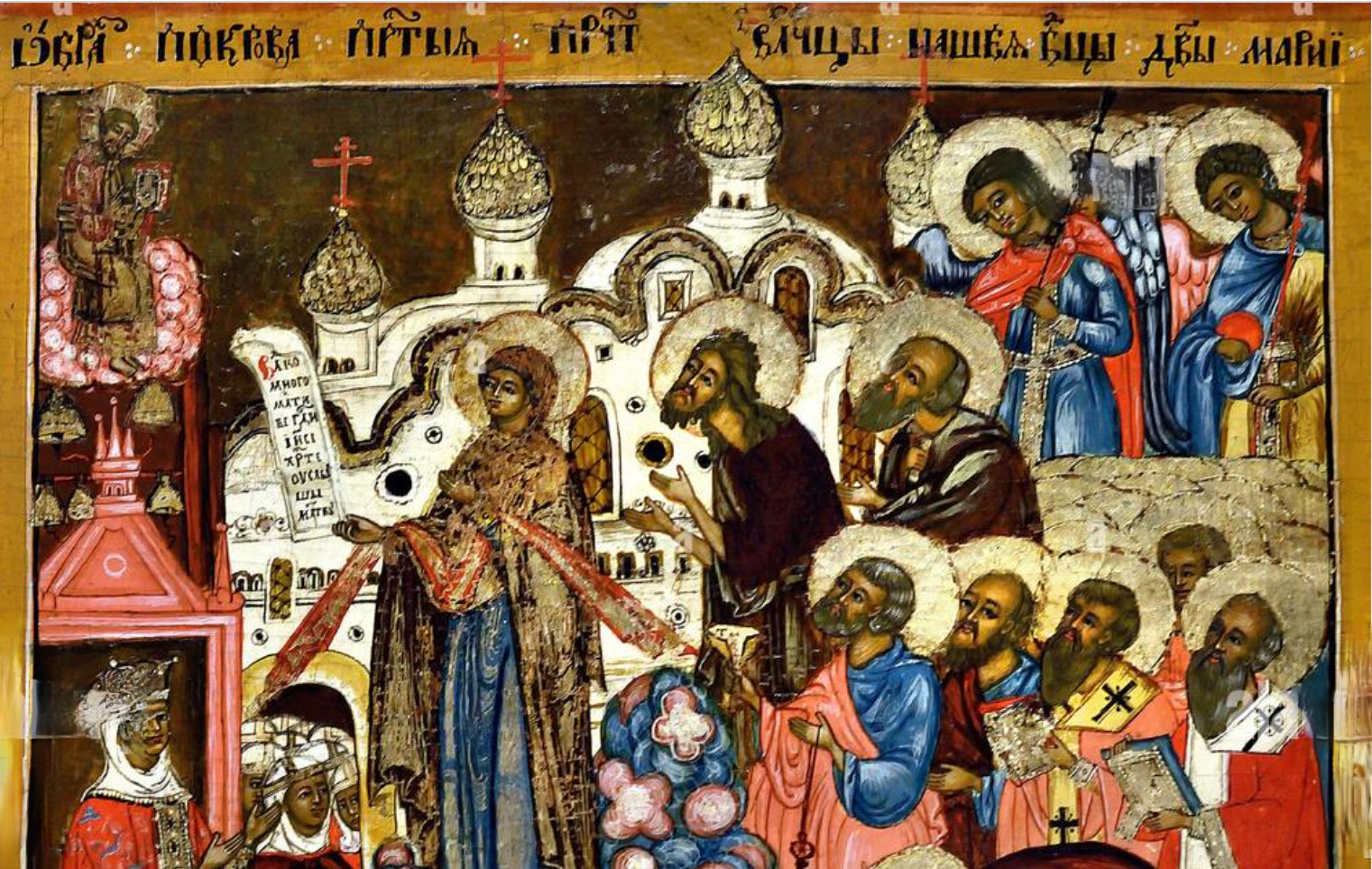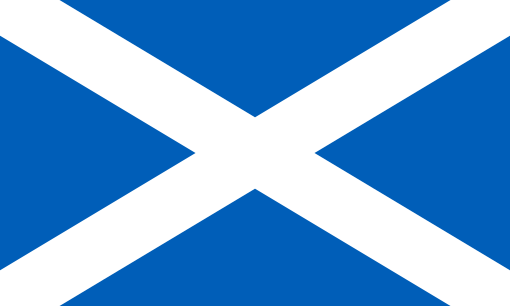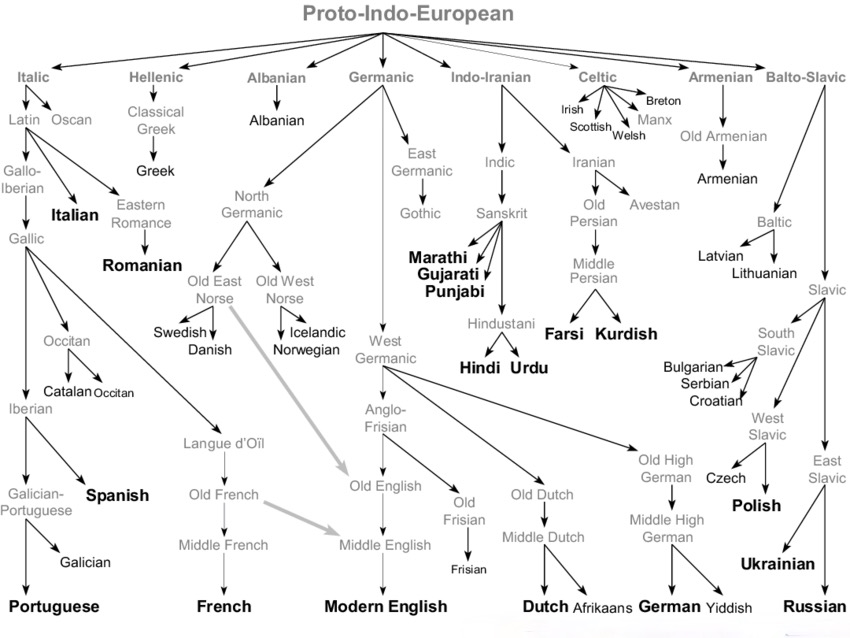
Matthew 4:18-23 (Matins)
1 Cor 4:9-16
John 1:35-51
Light-bearer
He stopped overnight on the hills of Kiev. Rising in the morning, he said
to those disciples that were with him: "See these hills? Upon these hills
shall shine forth the beneficence of God, and there will be a great city here,
and God shall raise up many churches."
In the Name of the Father and of the Son and of the Holy Ghost. Amen.
Among the traditions of the Russian Orthodox Church,
one reads the following
(which I first heard as a young man from the Sanctorale of the Anglican Church):
After the Descent of the Holy Spirit upon the Apostles, Saint Andrew went
to the Eastern lands preaching the Word of God. He went through Asia Minor,
Thrace, Macedonia, he reached the River Danube, went along the coast of the
Black Sea, through Crimea, the Black Sea region and along the River Dniepr.
He climbed to the place where the city of Kiev now stands.
|

"A fanciful pious legend?"
you may ask.
I reply by asking another question.
How is it that St. Andrew, who indisputably journeyed through Asia Minor and beyond unto
the shores of the Black Sea,
became the patron saint of Scotland?
How is it that Scotland's national flag
bears the Cross of St. Andrew?
Or
that Scotland's principal university is St. Andrew's?
In the midst of these questions,
we encounter the beginnings of Christianity in
the British Isles,
which is to say, the foundation of the faith amongst all English-speaking Christians.
Nearly a thousand years before the founding of the Russian Orthodox hierarchy in Kiev,
other Russian Christians
—
"proto-Russians" or Scythians
—
were migrating across southern Europe.
Directly or indirectly, they would have been touched by the apostolate of St. Andrew.
The New Testament records that they were evangelized by the Apostle Paul,
known to him as the Galatians.
As many scholars have asserted,
these people were known as Galatians as they migrated to the
north of Rome,
as Gauls as they made their way to the west of Rome,
and
as Gaels as they
sailed through the Pillars of Hercules,
landing on the Atlantic coasts of Ireland and thence to Scotland.
An Apostle descending from the historic Kingdom of Israel,
not known to have journeyed west of Asia Minor,
was to become the patron saint of Scotland.
His Apostolic heritage was kept as a sacred treasure
passed down
from one generation to the next.
Eventually it would be enshrined in written form in a most-cherished Scottish national document,
the "Declaration of Arbroath":
.... we know and from the chronicles and books of the ancients we find
that among other famous nations our own, the Scots, has been graced with
widespread renown. They journeyed from Greater Scythia by way of the
Tyrrhenian Sea and the Pillars of Hercules, and dwelt for a long course
of time in Spain among the most savage tribes, but nowhere could they be
subdued by any race, however barbarous. Thence they came, twelve hundred
years after the people of Israel crossed the Red Sea, to their home in the
west where they still live today.
|
For centuries, linguists have been fascinated by an astonishing fact:
that a large language group, dating back (perhaps) two thousand years,
fronting the Atlantic, should speak a language more nearly akin to Sanskrit
than to Germanic languages or to French (which are the constituent elements of English).
Tracing the textual remains and living languages spoken along this route
from the Black Sea to Western Ireland, a consensus view grew up that
these people, known as Goidelic Celt, did in fact migrate from Scythia,
or proto-Russia, including the area we now call Ukraine
(a word that mean "outskirts [of Russia]").

Geneticists have attempted to close the circle by tracing those same language groups,
not with tape recorders and philology, but with something far more durable and stable
than the vestiges of ancient spoken languages.
They have focused on DNA.
This genetic research in its earlier stages
had been dismissed by Irish historians
who resisted the idea that Christian proto-Russians
were,
in fact,
their own ancestors:
the Gaels, or the Celts.
For what do you call Christians coming out of the historic territory of Russia,
evangelized by the Apostles,
and
claiming the Apostolic authority of St. John the Theologian (as these people did)?
You must call them Orthodox,
specifically,
proto-Russian Orthodox.
"The jury is still out,"
wrote the preeminent Irish historian Daibhi O Croinin.
But in 2015, dissent was silenced with a paper published in the prestigious
Proceedings of the National Academy of Sciences (USA).
A group of geneticists at Trinity College, Dublin and archaeologists at Queen's University, Belfast
traced the migration of the Goidelic Celts by examining "Y" chromosomes.
In the words of Dan Bradley, Professor of Population Genetics in Trinity College,
who led the study,
|
There was a great wave of genome change that swept into Europe from above
the Black Sea into Bronze Age Europe, and we now know it washed all the way
to the shores of its most westerly island, and this degree of genetic change
invites the possibility of other associated changes, perhaps even the introduction
of language ancestral to western Celtic tongues.
|
You can hear that language today in Ireland
and
see it written upon its road signs.
In particular, the genetic mutation (marker) the team settled on
"is so frequent in people of Irish descent that it is sometimes referred to as a Celtic disease."
The jury, then, had come in following its definitive deliberations.
The Celtic people of Ireland and Scotland
descend from ancestors living near to and beyond the Black Sea,
even to Kiev,
the traditional capital of Russia.
Let us
define our terms.
All Christians were Orthodox Christians before the Great Schism of 1054 ....
though the Church of Rome began asserting its separate character and power centuries before this.
Let us agree on this much, then.
All Christians of the early centuries
who were not influenced by the Roman Church
must be styled Orthodox Christians.
The crucial detail that these Galatian-Gaulic-Gaelic Orthodox Christians eluded Roman influence
is widely agreed upon by scholars in divergent fields.
You see the key point here is that these are Christians who
are certainly not Roman Christians.
These are Christians who show no signs of having been influenced by Roman culture.
There are Christians from somewhere else,
who must have taken great pains to avoid the Roman Legions
and
other aspects of Roman culture.
The oldest surviving remnant from any Psalter in Europe,
said to be transcribed by St. Columba,
one of the Apostles of Orthodox Ireland,
evinces a script clearly demonstrating isolation from Roman culture and influence,
writes Dr. Christopher De Hamel
(A History of Illuminated Manuscripts (Oxford, 1986).
Pointing to the earliest annals and chronicles of these people,
O Croinin wrote,
.... Ireland never having been part of the Roman Empire, .... [is] without
any inherited system of imperial or regnal years or their equivalent.
|
That is, amongst the documents in this enormous repository,
among the most voluminous in Europe,
there is no mention of reigning emperors or kings,
making it one-of-a-kind.
Their system for marking chronological delimiters is completely their own invention.
Moreover,
O Croinin documents the remarkable fact that these people
|
never acquired the habit of using coins for currency or charters as expression of legal title.
|
There is, he says, no counterpart for this incredible fact anywhere in Europe.
But how could this be so?
He concludes,
The reason doubtless lies in the fact — which can never be too often repeated —
that Ireland was never part of the Roman Empire.
|
O Croinin adds the additional, incredible fact
that while these people
bequeathed to posterity the largest repository of
genealogical records
of any European people,
they left no titles recording title to private property.
None.
You see,
if you delve into the annals of other nations,
you will find prominently filed among them
charters
recording title to property.
But in Ireland you will find none.
What do we call Christians from Kiev,
who were never influenced by the Roman Church,
who were evangelized by the Apostles,
and
who gathered in what we might call Johannine communities,
practicing Apostolic life
—
rejecting money
and
eschewing private property?
Property all held in common!
Do we not call them the first Russian Orthodox Christians to be found anywhere on earth?
Read the Acts of the Apostles:
they are living this life .... these people from historic Russia.
A sobering fact,
bringing new perspective to our understanding of the Western Rite
in the Russian Orthodox Church,
is that the Western Rite preceded the founding of the Russian Orthodox hierarchy in Kiev
by perhaps six centuries or more.
You see, the Western Rite is not a "Johnny-come-lately" joining the Russian Orthodox tradition,
but it is the earliest instance of that tradition.
I do not refer to the Roman Catholic worship materials we find used so commonly among
Orthodox converts.
I mean the lifeworld that preceded the invasion of the Romans
—
first Roman Legions flooding into Britain,
then Benedictine monks forcing all Christian worship to conform to Italian liturgies,
and
finally,
the invasion of a Norman army,
sailing and then marching under papal banners
right after the Great Schism of 1054.
Today,
we celebrate the feast day of the Apostle Andrew.
Surely,
the Christianity that proceeded from his lips and from his hand
touched these, our ancestors.
We do not know but that he baptized them and chrismated them and heard their confessions
and
fed them the Bread of Heaven
and
buried their dead.

|
Pray for us, St. Andrew, especially we Russian Orthodox Christians
of the Western Rite today. Intercede for us that we might continue the
tradition you began when you ventured into hills around Kiev predicting
that many churches would arise from your Apostolic power and charisms.
Pray for us, O holy Apostle, for surely you are the one we rightly call our Founder Father. Amen
|
In the Name of the Father and the Son and the Holy Spirit.
Amen.



